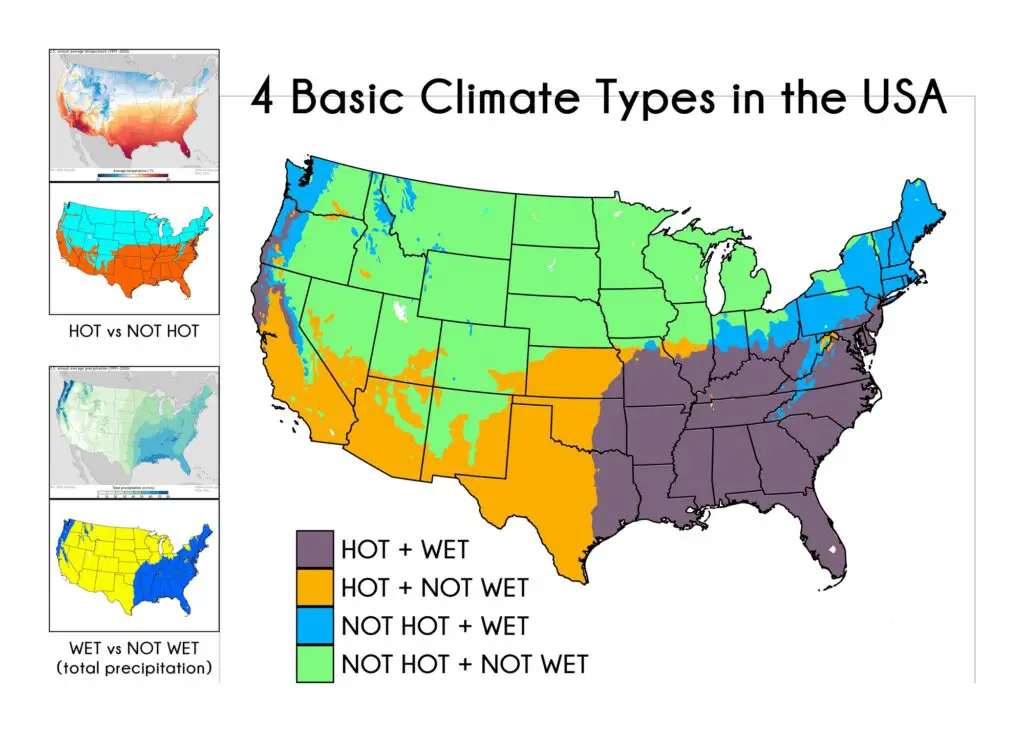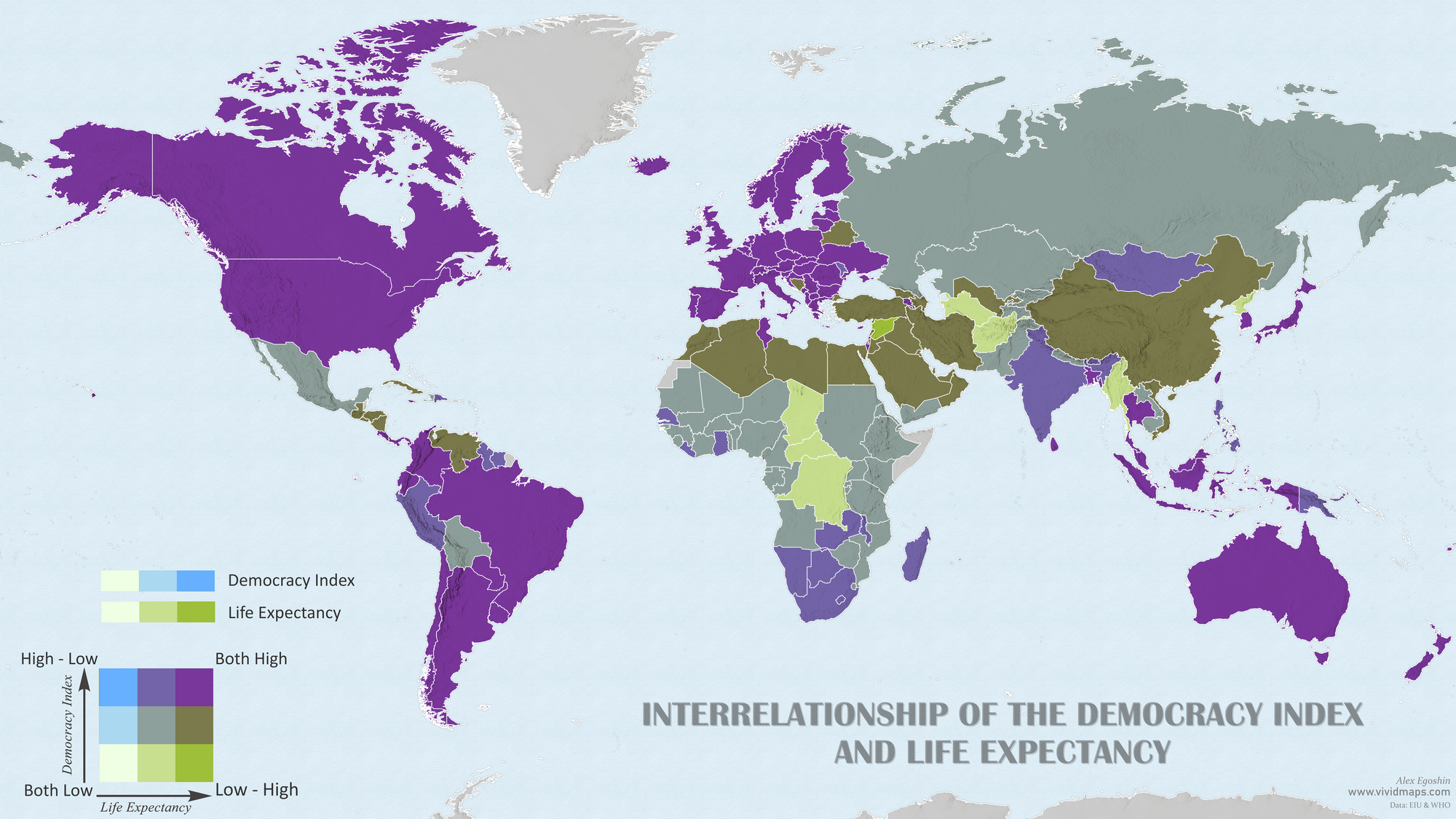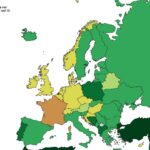The Simplified Climate Map of the United States
Understanding climate is essential for appreciating how geography shapes life. A simplified climatic map of the United States, created by Reddit user happygrizzly, has divided the nation into four basic climate categories: Hot + Wet, Hot + Not Wet, Not Hot + Wet, and Not Hot + Not Wet. This simplified approach reveals patterns that directly impact comfort, health, and future development.

Characterizing the Four Climate Types
- Hot + Wet: This climate type dominates the southeastern United States, including states like Florida, Louisiana, and parts of Texas. Characterized by high temperatures and abundant rainfall, cities like Miami and New Orleans thrive in this environment. However, high humidity levels can pose challenges to health, including heat exhaustion and mold-related allergies.
- Hot + Not Wet: The southwestern states, such as Arizona, Nevada, and parts of California, fall into this category. Iconic cities like Phoenix and Las Vegas experience scorching summers but limited rainfall. While the dry heat is often considered easier to endure than humid conditions, water scarcity and droughts are significant challenges.
- Not Hot + Wet: Found in the Pacific Northwest and parts of the Midwest, this climate includes areas like Seattle and Portland. Cooler temperatures combined with consistent rainfall make these regions comfortable for many, supporting lush vegetation and a slower-paced lifestyle.
- Not Hot + Not Wet: Encompassing parts of the northern Great Plains and the Rocky Mountains, this category includes cities like Denver and Fargo. Winters are harsh, with lower precipitation and temperatures, making this the least hospitable climate for many people.
States and Cities by Climate Type
- Hot + Wet: Florida, Louisiana, Alabama, Mississippi. Notable cities: Miami, New Orleans, Houston.
- Hot + Not Wet: Arizona, Nevada, southern California. Notable cities: Phoenix, Las Vegas, San Diego.
- Not Hot + Wet: Washington, Oregon, Minnesota. Notable cities: Seattle, Portland, Minneapolis.
- Not Hot + Not Wet: Montana, Wyoming, North Dakota. Notable cities: Denver, Fargo, Billings.
Which Climate Types Are More Comfortable?
Comfort depends on personal preferences, but the Not Hot + Wet category generally aligns best with human health. Moderate temperatures and regular rainfall reduce stress on the body and the environment. Conversely, Hot + Wet and Hot + Not Wet climates often require artificial cooling and adaptation, while Not Hot + Not Wet climates may necessitate heating and insulation.
How Climate Change Will Shift These Patterns
As global temperatures rise, the representation of these climate types will shift. Hot + Wet and Hot + Not Wet zones are likely to expand northward, increasing the prevalence of extreme heat and precipitation events. The Not Hot + Not Wet areas could see warming trends, affecting ecosystems and agriculture, while regions currently categorized as Not Hot + Wet may face reduced rainfall and shifting seasons.
- Impact on Agriculture: Regions like the Midwest may see altered growing seasons, while water-dependent crops in Hot + Not Wet areas face challenges.
- Urban Adaptation: Cities in all climate types will need to invest in climate-resilient infrastructure, such as improved drainage systems in Hot + Wet areas and sustainable water use in Hot + Not Wet zones.
- Wildfire Risks: Hot + Not Wet regions are increasingly vulnerable to wildfires, endangering communities and natural resources.
For readers interested in enhancing their understanding of geography, high-quality posters of United States maps are available on Amazon.
Do you find your state’s climate comfortable? How do you think climate change will impact your region? Share your thoughts in the comments below!








